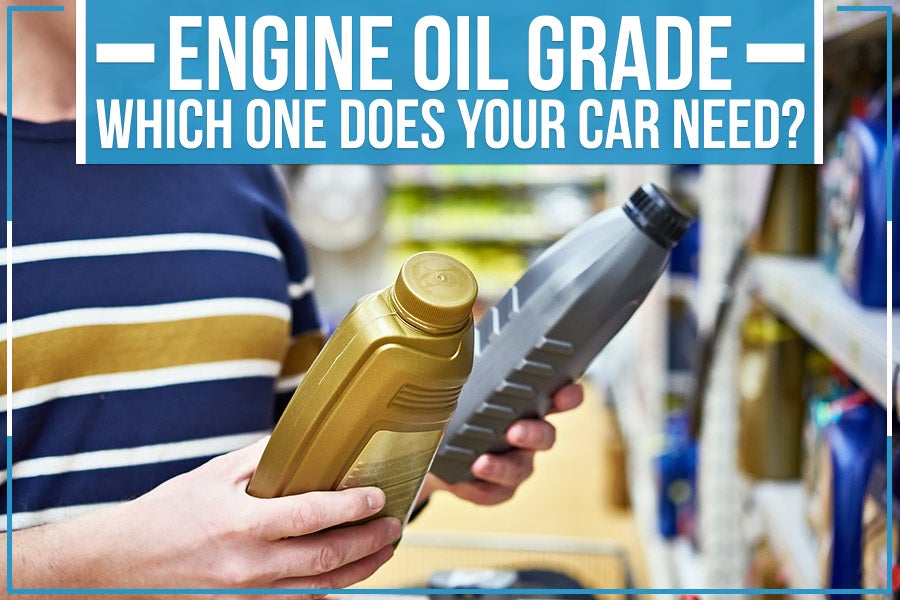Engine Oil Grade - Which One Does Your Car Need?

Learning how to check engine oil grades is a critical skill for car owners, but just checking its levels is not enough. With the help of our engine experts, Southgate Ford will teach you a few things about one of the most important fluids for your car.
Types of Engine Oil
The first step is to identify the type of engine oil that your car requires. You can find this detail in your owner's manual, or you can check online. There are different types of engine oil for other purposes, so it is essential to get the right kind.
Synthetic Vs. Conventional Oil
You can determine what kind of oil is in your car by looking at the label. Most labels will say “synthetic” if made from synthetic materials or “conventional” if it comes from conventionally grown plants such as corn, soybeans, etc.
Synthetic oil has artificial composites, but it has been refined to a higher degree. It tends to be more costly than conventional oil, but there are some benefits: the molecules are smaller, which means they can flow better and reduce friction in your engine. Synthetic oil may last longer in your car than conventional oil and help improve gas mileage. However, it may also have disadvantages like higher cost and possible additive precipitation.
Understanding Oil Grade Coding
Since motor oil viscosity is temperature dependent, the SAE (Society for Automotive Engineers) has developed a rating system that incorporates this feature. This rating system is known as the W-number or winter grade.
The number in front of each "W" indicates the lower limit temperature the oil will still flow. The number after each "W" indicates the upper limit temperature at which the oil will still protect your engine.
Which Oil Grade do You Need?
Suppose you live in a colder climate and use a lighter weight of motor oil than recommended by your car manufacturer. In that case, it is better to get a higher viscosity oil. It will ensure that your engine is sufficiently lubricated even in freezing weather. Lighter-weight oils flow more easily and, therefore, help to improve fuel economy.
High-performance oils are specifically designed for cars that require a specific blend of additives to optimize power output or fuel efficiency without sacrificing engine protection and durability like conventional blends can offer, depending upon their viscosity rating.
People often mistakenly believe that the oil grade number has some bearing on an engine's octane rating. It is not valid, as these are two different specifications that determine how much compression a fuel can withstand before detonating.
Conclusion
If you need professional assistance in getting your car’s oil changed, be sure to contact Southgate Ford serving Allen Park, MI, and would be more than happy to help you out and make sure your car is running smoothly!

